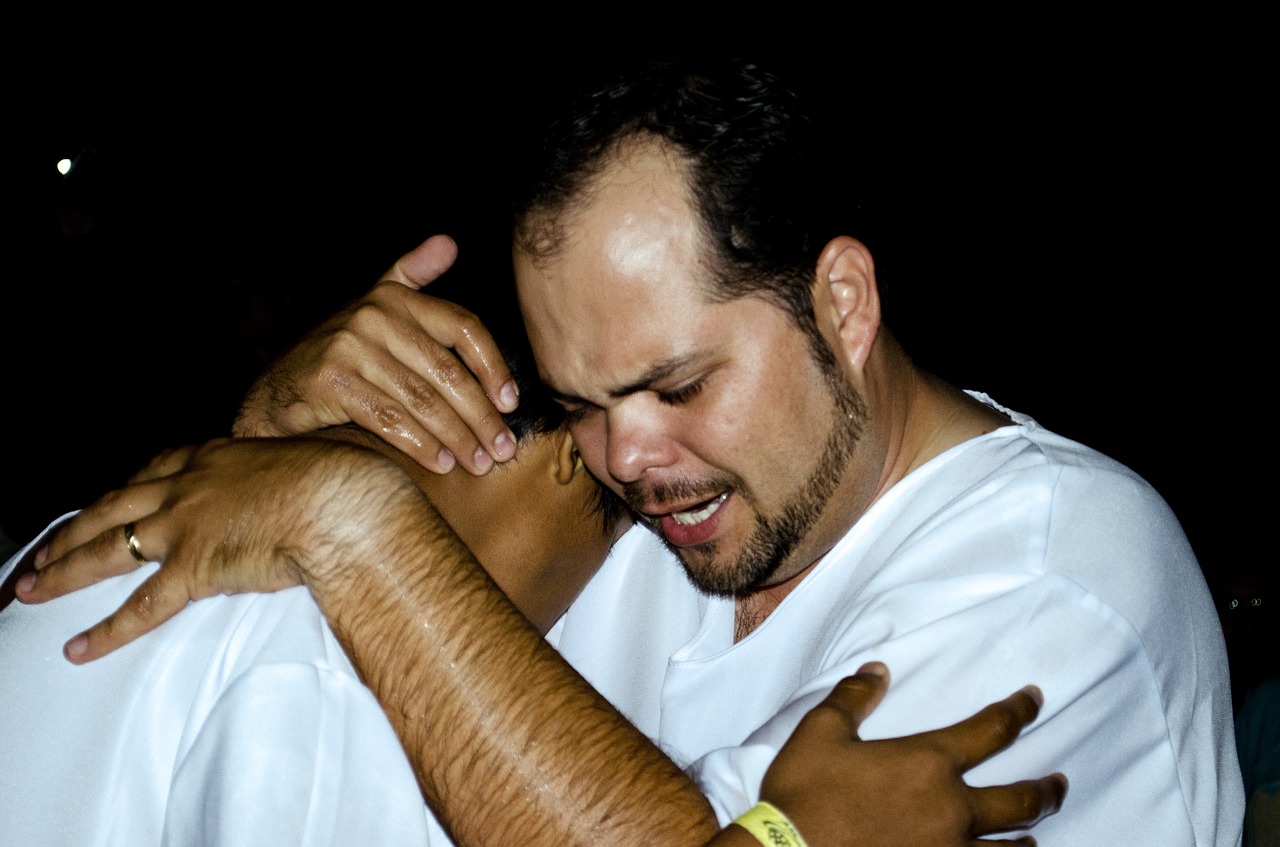Be merciful to me, Lord, for I am in distress;
my eyes grow weak with sorrow,
my soul and body with grief.My life is consumed by anguish
and my years by groaning;
my strength fails because of my affliction,
and my bones grow weak. (Psalm 31.8-10)
This week I shared my story with a youth group at Eminence Christian Church (IN). I started by having the youth turn to each other and say, “God loves you more than you can imagine,” then, “God brought you here to be blessed.” I then went through how God had orchestrated events in my life over the past decade to bring me there tonight. The event that almost prevented me from being there. My despair over it. My book. The support of my family and friends moving back to Indiana. My blog post about suicide. The youth leader reading it and inviting me to come. The Lord opening doors and guiding me there.
I then detailed the trajectory of my life from when I was a teen until the present. I highlighted the extreme peaks and valleys that marked my life as someone with bipolar. I openly wept. Actually, I wailed. It was intense. Maybe too intense? But, as with everything that led me to that point, I won’t question the means or purpose. I trust that the Spirit moved through my sighs and groans too deep for words and spoke to those gathered a word of honest grace in Christ.
After I shared my story, we invited folks to make comments and ask questions. After a pregnant pause, there were several pertinent and poignant ones.
How do we take depression seriously?
What are the signs of bipolar?
Is suicide a sin? Does it send one to hell?
What do I do if I see an adult suffering with depression?
How did your suicide attempt impact your family life?
At the close, the youth leader called us into a circle and the pastor prayed us home. By then I was emotionally spent. I was a spiritual zombie. My self was dead. I was a shell of the Spirit.
Why was I so overcome with emotion? One would think that after a decade of writing and talking about my suicide attempt, it would be second nature, that I would have a emotional perspective. But the flood of emotions I experienced sprang from a deeper well than mere sadness or regret over past mis-steps.
Godly sorrow brings repentance that leads to salvation and leaves no regret, but worldly sorrow brings death. (2 Corinthians 7:10)
The morning before my presentation, I met my pastor Andy McCracken at my favorite coffee shop — Gramz Bakery (Columbus, IN). For the price of a small mocha, Pastor Andy dispenses compassionate pastoral care and Biblically sound theological advice. I consulted him about how I could best speak the truth in love as I shared the story of my suicide attempt with a group of youth who may well be wondering if life is worth living.
Andy had many sage nuggets of Scriptural truth. The one that most stuck with me is that to attempted suicide is indeed a sin of disobedience, but it is not one that in itself separates us from God’s claiming love. Instead, like other sins, it requires that we admit we have sinned, believe we are forgiven, and claim Christ’s saving grace. This process of confession is often grueling, time-consuming, and heart-wrenching. It involves our emotions, but is more than a feeling. It requires life changes, more than just going through motions. It is a total re-orientation toward God toward whom we have solely sinned.
Admit I have sinned against God.
Believe Christ forgives me.
Claim the saving love of the Holy Spirit.
Confession is often more than a one-and-done affair. True, when we are justified by Christ’s grace through faith, we are forever saved. Yet we still experience times of godly sorrow as we grow closer to Christ, as we become more holy God’s. Our tears, our cries, our moans, are the Holy Spirit’s way of further cleansing us of the sin the clings and clothing us with garments of right living.
God loves us more than we can imagine. God guides us to spaces of grace. Life is worth living because Christ made it so.






